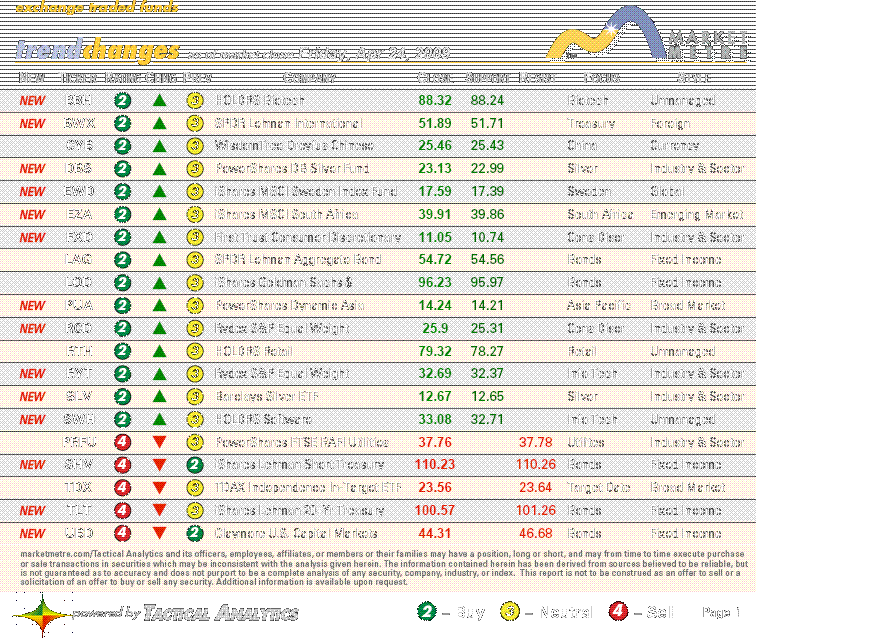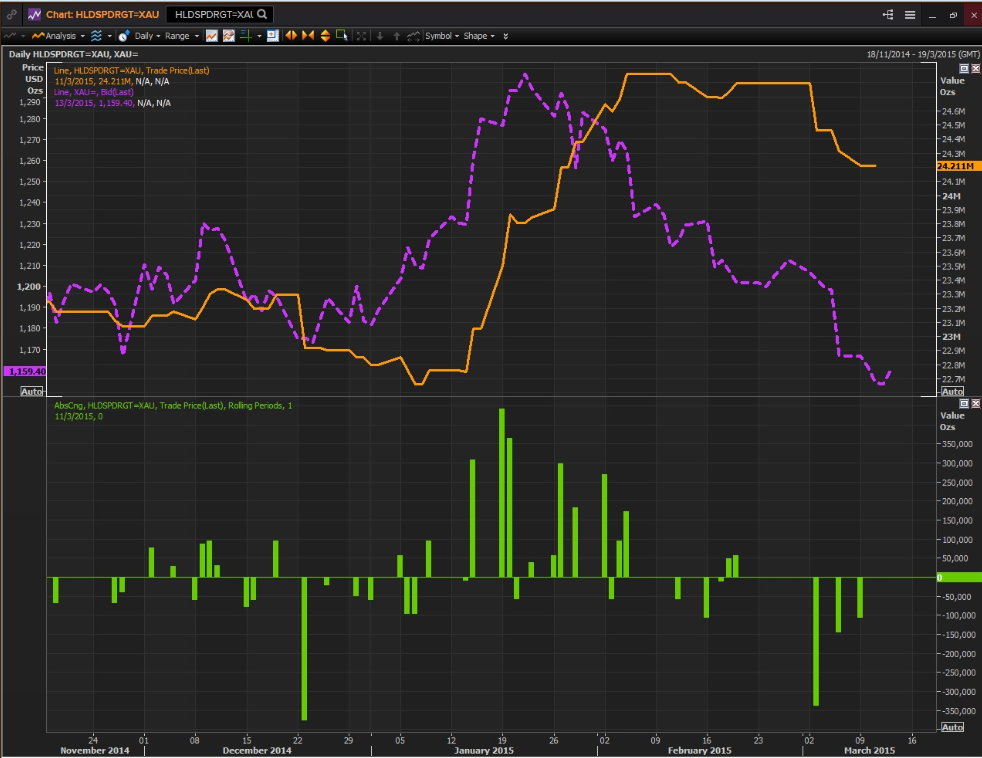Biotech Suffers Record Exit at Largest ETF Signaling Turn Bloomberg Business
Post on: 27 Август, 2015 No Comment

April 8 (Bloomberg) — Investors pulled a record $372 million from the biggest biotechnology exchange traded fund in its worst day of redemptions ever.
The withdrawals from the iShares Nasdaq Biotechnology ETF on April 4 were the most since its 2001 inception, with 7.5 percent of the fund’s $4.98 billion in total assets leaving what is the biggest biotech-focused ETF, according to data compiled by Bloomberg. It follows a lengthy run-up in biotechnology industry stocks.
Now, “that momentum money is being sucked out,” said Geoffrey Porges, an analyst with Sanford C. Bernstein & Co. in New York, in a telephone interview.
Health-care ETFs have boomed this year, attracting more deposits than any other sector and adding $3.98 billion since January 1. That increase has been spurred by a biotechnology sector that last year gained 74 percent, compared with a 30 percent increase in the Standard & Poor’s 500 Index.
ETFs are investment funds that can hold stocks, bonds, commodities or other securities that trade on an exchange and typically track an index. They’ve grown in popularity among investors because of their tradability, low cost relative to mutual funds and tax efficiency.
Recently, investors have begun to question whether biotechnology stocks are in a bubble and whether the companies developing complex and often expensive medicines are worth their high valuations. After gaining 11 percent in January and February, the Standard & Poor’s 500 Biotechnology Index has fallen 11 percent since March 3.
‘Final Innings’
“We consider the sector’s run-up, which has been remarkable, to be getting into its very final innings,” Porges said in a telephone interview. Stocks could be set for a significant move downward, especially if generalist investors decide to leave, he said.
Robyn Karnauskas, an analyst with Deutsche Bank in New York, disagrees.
“The way I see it, I think we’ve turned the corner,” she said in a telephone interview. “I don’t see this as downside. When the fundamentals are strong and you have catalysts like earnings, I don’t think we’re headed for a bear period.”
The Nasdaq Biotechnology exchange-traded fund, also known as the IBB, is made up of the shares for 122 biotechnology and medical companies including its biggest holdings — Amgen Inc. Gilead Sciences Inc. and Celgene Corp. The SPDR S&P Biotech ETF also had its worst day since May 2010 on April 4 as investors pulled $80 million, or 6.6 percent of assets.
Pessimistic Investors

There are other signs investors are pessimistic. On the Nasdaq Biotechnology ETF, 15 percent of all the shares outstanding — $665 million worth — are short, meaning investors have bet they’ll fall in value, according to data compiled by Bloomberg and Markit Group Ltd.
Other health-care focused ETFs with more diversified assets didn’t see similar withdrawals. For example, the Health Care Select Sector SPDR Fund, which also has pharmaceuticals and health-care products and services stocks, gained $90 million on the biotech ETF’s worst day.
Some of that may be profit taking near the end of the quarter, said Paul Weisbruch, a vice president at Street One Financial LLC. “It’s a reflection of, probably, end of the quarter selling of the winners if you will, because biotechs have done really well,” he said in a telephone interview. His firm analyzes and trades ETFs.
Investors aren’t just moving out of biotech funds, they’re also exiting more volatile sectors that haven’t fared well recently, he said.
Industries with high volatility are what “you see selling off — small caps, social media,” Weisbruch said. “As fast as it went up, it’s coming down.”
To contact the reporter on this story: Drew Armstrong in New York at darmstrong17@bloomberg.net
To contact the editors responsible for this story: Reg Gale at rgale5@bloomberg.net Andrew Pollack














